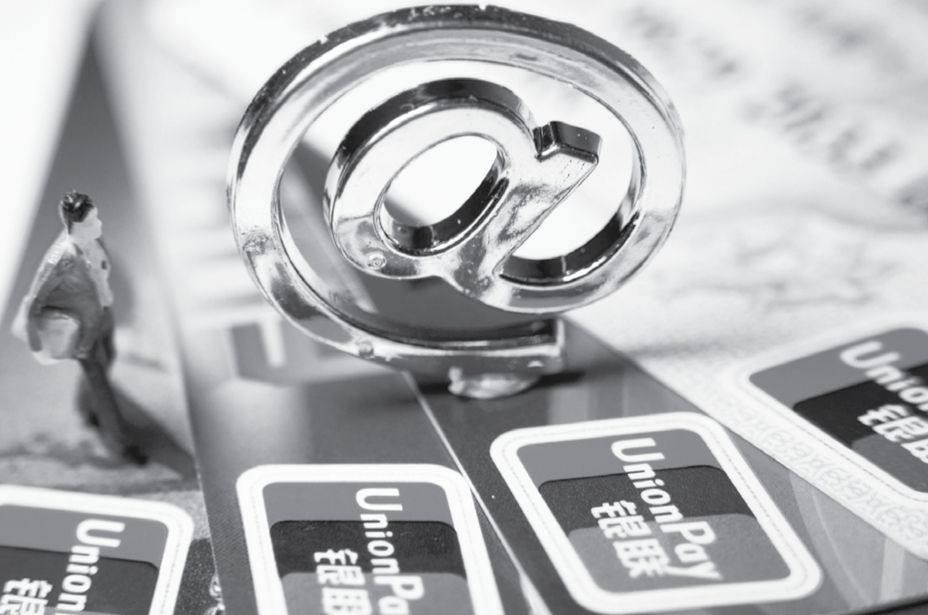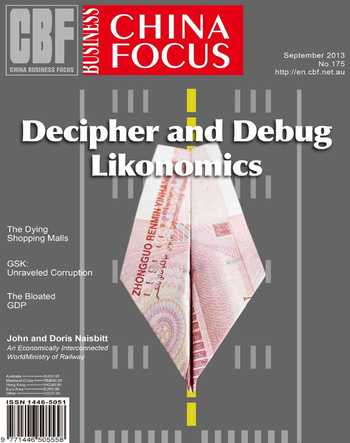Third-Party Payment Open to Foreigners
Recently, several financial regulators talked about and approved of the Internet finance in China. And it is widely reported that the third-party payment is going to open to foreign companies.
Several practitioners of third-party payment said that the over 200 companies in China, which have got the license of transacting payment on the Internet, are to be less influenced than expected even if foreigners join in the rank as competitors, while it is the traditional banking industry, as a common enemy of third-party payment, will be influenced.
The Give-out of Licenses
In the 2013 Lujiazui Financial Forum ending June 30, Zhou Jinhuang, deputy director of the Payment Settlement Department at the Peoples Bank of China, expressed his – and the cen- tral banks – support for the third-party payment in spite of the difficulties in regulation and supervision.
“The third-party payment is still in the initial phase of development,” said Zhou Jinhuang. The data shows that the non-cash trade volume of commercial banks amounted to RMB 370 trillion yuan in he first quarter of 2013, while the amount made through nonfinancial organizations only hit RMB 3.3 trillion yuan, less than 1% of the financial institutions. But the number of deals made through third-party payment organizations equaled 64% of the deals made through banks. This means that the third-party payment service suppliers are mainly engaged in the frequent deals with small trade volumes and thus it could be considered a good complementary to the banking department.
Thats why the central bank thinks highly of the third-party payment and wants to support it. “It is a silent reform,” said Zhou Jinhuang. He stated that the central bank usually supported the innovative and regulated development of the third-party payment organizations.
It is known that the central bank has already given licenses to over 220 third-party payment organizations by now and 40 additional organizations will get the licenses before the end of this year.
“Almost all Chinese companies that are engaged in the third-party payment have been given the license”, said a senior executive of a local third-payment service supplier. “So the to-be-added list is very likely to consist of foreign companies.”
The Excited Foreign Companies
The governmental support and the great potential make the third-party payment market a hot pie for foreign companies. Doubtlessly, they are excited by the possibility of opening this market.
John Donahoe, CEO of eBay, expressed his desire to get eBay into the Chinese market in June. He said that eBay is likely to be the first overseas company that gets the license of financial payment in China.
But some experts pointed out that Donahoe might be overoptimistic in that matter. eBays PayPal is now the largest online payment tool in the world and is frequently engaged in cross-border payment. So the process of examining and approving of the qualification of PayPal will take a longer while. The most possible result is that eBay will not be the first overseas company that gets the license of third-party payment.
Even if eBay gets the license earlier than others, Donahoes words are not accurate. Actually, the central bank has never listed any rules forbidding foreign capital into the section of third-party payment.
The central banks Management Methods of Payment Services of Nonfinancial Institutions said that “the busi- ness scope, qualification of overseas investors and the proportion of investment are determined by the central bank and need to be approved by the State Council”.
Actually, of the 220 Chinese companies that have got the license, there are many companies with foreign investment. Shandas Shengpay and Tecents Tenpay, while are among the Top 5 third-party payment tools in China, both have foreign investment.
“The central bank never applies strict control over foreign companiesengagement in the third-party payment business,” said an insider from a local third-party service supplier. “But this time, the central bank will completely open the door.”
Traditional Banking to Be Affected
This insider does not worry about the impact of foreign companies, because the market is far from being filled.
Zhou Jinhuang also agreed with this: “Presently, there are only a few third-party organizations in China that could earn profits. The others, which take a small proportion, could only earn few or no profits. The energy (of the market) has not been fully utilized. Therefore we encourage and support the development of the third-party payment organizations.
He also said that the third-party payment organizations are mainly engaged in the deals with small value, so the risk is relatively lower and the loss is controllable. The competition between different organizations will not wear down any players.
But the traditional commercial banks are that not lucky. The foreign companies will join forces with Chinese companies to bring more impact to the commercial banks.
Hou Weidong, Vice President and CIO of Bank of Communications, said that the impact from Internetbased enterprises to commercial banks is actually the impact to traditional banking industry: the P2P credit platform of third-party payment organizations will affect the conventional deposit and credit businesses.
In addition, the development of third-party payment will influence the base of banks client group, and change peoples opinions towards banks.
But the central bank, which is the boss of all banks in China, seems to welcome the impact. Zhou Jinhuang said in the 2013 Lujiazui Financial Forum that the Chinese banks, especially those big ones, are slow in transformation and retarded in innovation. The impact from outside will serve as the catalyst for their change.

